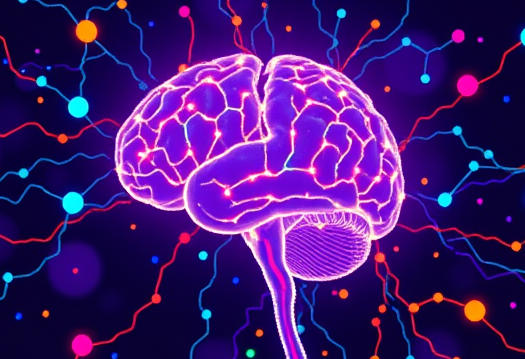
About
Ever-improving brain data acquisition techniques across species, scales, and modalities, and the embracement of open science and collaboration globally, means that the past few years have seen an acceleration in data collection and quality. Ever-increasing dataset sizes coupled with rich molecular, whole body, behavioural, and clinical information, demand novel approaches that are capable of taming and synthesizing these complex and multimodal features. Placing the brain within a context of complex systems and network science is therefore critical to progress. Network Neuroscience has emerged as a transdisciplinary field that draws from and contributes to multiple areas of science in the ultimate quest to undertsand the brain.
Network Neuroscience 2025 will, for the 11th year running, provide an opportunity for participants with diverse backgrounds to present cutting-edge research and exchange ideas across disciplinary boundaries.
Call for Contributions
We invite contributions from all areas of network neuroscience, including but not limited to:
- Brain -omics networks
- Structural brain networks
- Functional brain networks
- Network theory, modeling and analysis
- Network communication and information flow
- Circuit dynamics
- Brain-behavior interactions
- Systems neuroscience
- Fundamental and clinical neuroscience applications
- Brain-body network science
- Classical and deep learning for brain networks
- Spatio-temporal brain network models
Submissions are now closed for oral contributions, but we are accepting poster presentations on a rolling basis. Submit your abstract here. Posters may be presented at both the satellite and at the main conference.
Note that you must register for NetSci to attend (there is an option to select only the satellite sessions and school) and the early bird registration deadline is March 6th.
Schedule
Network Neuroscience 2025 will be held on Monday 2nd June in Maastricht as a satellite of the International School and Conference on Network Science (NetSci 2025). Find us at the Faculty of Arts & Social Sciences (Google maps location here).
Registration
9:00am: Opening remarks
9:10am: Modelling brain state dynamics in health and pathology
Sonja Kotz
9:55am: Stroke-Induced Network Disruptions in Brain Communication Dynamics: Linking Structural Disconnection to Processing Speed
Maedeh Khalilian, Amir Mousavi, Martine Roussel, Olivier Godefroy, and Ardalan Aarabi.
10:10am: Redundancy-dominated modular structure of the human brain and its relationship with aging
Maria Grazia Puxeddu, Maria Pope, Thomas Varley, Joshua Faskowitz, and Olaf Sporns.
Ramón Nartallo-Kaluarachchi.
10:40am: Coffee Break and Posters
11:00am: TBC
Martijn van den Heuvel
11:45am: Emergence of brain-like complex network architecture in artificial neural networks
Chris Kang, Jasmine Moore, Samuel Robertson, Matthias Wilms, Emma K. Towlson*, and Nils Forkert*. *These authors contributed equally
12:00pm: The global communication pathways of the human brain transcend the cortical - subcortical - cerebellar division
Julian Schulte, Mario Senden, Xenia Kobeleva, and Gorka Zamora-López. 12:15pm: Interpretable geometric representations of neural dynamics
Martin Guillemaud, Alice Longhena, Louis Cousyn, Valerio Frazzini, Bertrand Mathon, Vincent Navarro, and Mario Chavez Adam Gosztolai.
12:30pm: Lunch Break and Posters
2:00pm: TBC
Athena Demertzi
2:45pm: Inferring higher-order networks from miscroscale neuronal activity
Andrea Civilini, Fabrizio De Vico Fallani and Vito Latora.
3:00pm: Phase-Specific Variations in Brain Network Connectivity with Ovarian Hormones
Fatemeh Soleymani Moghadam, Xining Chen, Lisa Feldman Barrett, Joseph Andreano, and Emma K. Towlson.
3:15pm: The metric backbone of brain networks across lifespan and hemispheres
Felipe Xavier Costa, Olaf Sporns, and Luis M. Rocha.
3:30pm: Coffee Break and Posters
4:00pm: Multiscale Cortical Connectivity in the Human Brain with Magnetic Resonance Imaging and Light Sheet Microscopy
Alard Roebroeck
4:45pm: Uncovering heritable vs shared environment in human brain functional networks
Tanu Raghav, Uttara Tipnis, Julie Benny, Daniel Guerrero, Mintao Liu, Jaroslaw Harezlak, and Joaquín Goñi.
5:00`pm: Probabilistic network alignment applied to brain connectomes
Teresa Lázaro Sánchez, Marta Sales-Pardo, and Roger Guimerà.
5:15pm: Closing remarks
5:30pm - 6:30pm: Poster Session
1. Modeling Motor and Processing Speed in Stroke Patients Using Kuramoto Dynamics. Amir Mousavi, Maedeh Khalilian, Martine Roussel, Olivier Godefroy, and Ardalan Aarabi.
2. Model-based Alignment of Developing Connectomes. Gemma Bel-Bordes, Roger Guimerà, and Marta Sales-Pardo.
3. Kinematic and muscle networks reveal the modular control of sit-to-stand movements. Emahnuel Troisi Lopez, Ramon Boekesteijn, Roberta Minino,
Pierpaolo Sorrentino, Kenneth Meijer, and Tjeerd Boonstra.
4. Desynchronisation of spatiotemporal brain organisation across psychedelic compounds. Pablo Mallaroni, Parker Singleton, Natasha Mason, Theodore
Satterthwaite, and Johannes Ramaekers.
5. Short-term memory in modular neuronal networks in vitro. Vaiva Vasiliauskaitė, Giulia Amos, Benedikt Maurer, Joel
Küchler, and Janos Vörös.
6. Brain volume predicts survival of colliding-spreading messages on mammal brain networks. Yan Hao, Tate Tower, Hannah Lax, Marc-Thorsten Hütt, and
Daniel Graham.
7. From sequential to relational data: From Multivariate Time Series to Signed Brain Networks. Marzio Di Vece, Emanuele Agrimi, Samuele Tatullo, Tommaso Gili, Miguel Ibanez-Berganza, and Tiziano Squartini.
8. Synergistic information processing as the mechanism for long-range correlations in the brain. Hardik Rajpal,, Cedric Stefens, Meghdad Saeedian, Joe Canzano, Mauricio Barahona, Simon Schultz, Spencer Smith, and Henrik Jeldtoft Jensen.
9. The Human Brain as a Combinatorial Complex. Valentina Sánchez, Koen Haak, Çiçek Güven, Gonzalo Nápoles, and Marie Šafář Postma.
10. Glioblastoma disrupts information flow in in vitro neuronal circuits. Giulia Amos, Luc Jordi, Karan Ahuja, Alexandra Gerber,
Gregor Hutter, János Vörös, Christina Tringides, and Vaiva Vasiliauskaite.
11. Brain structural-functional coupling is differentially affected by age, sex, and amyloid burden in older individuals without dementia. Prithvi Arunachalam, Francesca Treves, Leonard Pieperhoff, Luigi Lorenzini, Mario Tranfa, Federico Masserini, Maria G. Preti, Giuseppe Pontillo, Lyduine E. Collij, Tommy A. A. Broeders, Menno M. Schoonheim, Linda Douw, Craig Ritchie, Mercè Boada, Marta Marquié, Pieter Jelle Visser, Juan Domingo Gispert, James H. Cole, Frederik Barkhof, and Alle Meije Wink.
12. The Virtual Brain reveals sweet dynamics of deep brain stimulation in Parkinson’s disease. Jil Meier, Marius Pille, Leon Martin, Timo Hofsähs, Anaïs Halimi, Johannes Busch, Lucia Feldmann, Roxanne Lofredi, Patricia Krause, Andrea Kühn, and Petra Ritter.
13. Sparse functional connectomes reveal backbone structures associated with individual fingerprinting. Daniel Guerrero, Mintao Liu, Tanu Raghav, Mahdi Moghadam, Yujing Zhang, Jaroslaw Harezlak, and Joaquín Goñi.
14. Synergistic Motifs in Gaussian Systems. Enrico Caprioglio and Luc Berthouze.
15. Multivariate Directed Functional Connectivity Methods for Estimation of Whole-Brain Connectivity. Katja Törmä, Jari Hyttinen, and Narayan Puthanmadam Subramaniyam.
16. Connectome brain fingerprinting: terminology, measures, and target properties. Matteo Fraschini, Matteo Demuru, Daniele Marinazzo, and Luca
Didaci.
17. Developmental Trajectories of Thalamocortical Connectivity from Childhood to Young Adulthood. Alexandra John, Alfred Anwander, Aikaterina Manoli, Amin Saberi, Bin Wan, Boris Bernhardt, and Sofie L. Valk.
18. Epileptic spike- coupled sleep oscillations in the orbitofrontal cortex, hippocampus, and thalamus predict disrupted memory consolidation. Anirudh Wodeyar, Dhinakaran Chinappen, Hunki Kwon, Wen Shi, Mark A. Kramer, and Catherine J. Chu.
19. Optimized Multilayer Graphs for Integrating Functional and Structural Connectivity in Alzheimer’s Disease Classification. Carlo Ferritto, Pierre-Yves Jonin, Giulia Lioi, and Julie Coloigner.
20. Detecting critical transitions in neuronal systems. Narayan Puthanmadam Subramaniyam and Jari Hyttinen.
Registration
Network Neuroscience is a satellite of the NetSci conference. You can register for Network Neuroscience through the NetSci website - select "Satellite events only" if you only wish to attend Network Neuroscience and other satellites. Please note that the early registration deadline is 6th March 2025.
Register here
Speakers
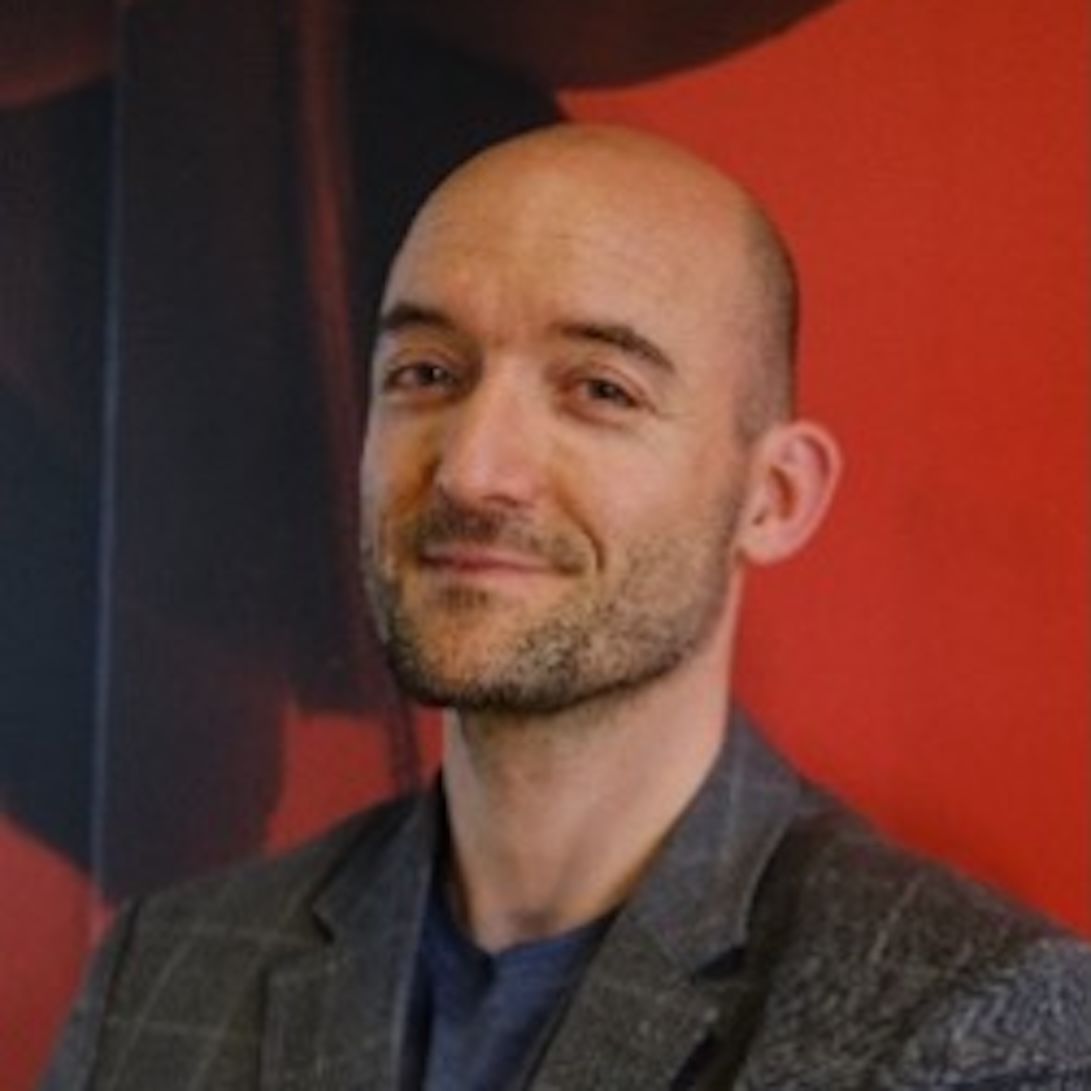
Alard Roebroeck
Department of Cognitive NeuroscienceMaastricht Brain Imaging Centre (MBIC), Faculty of Psychology & Neuroscience, Maastricht University
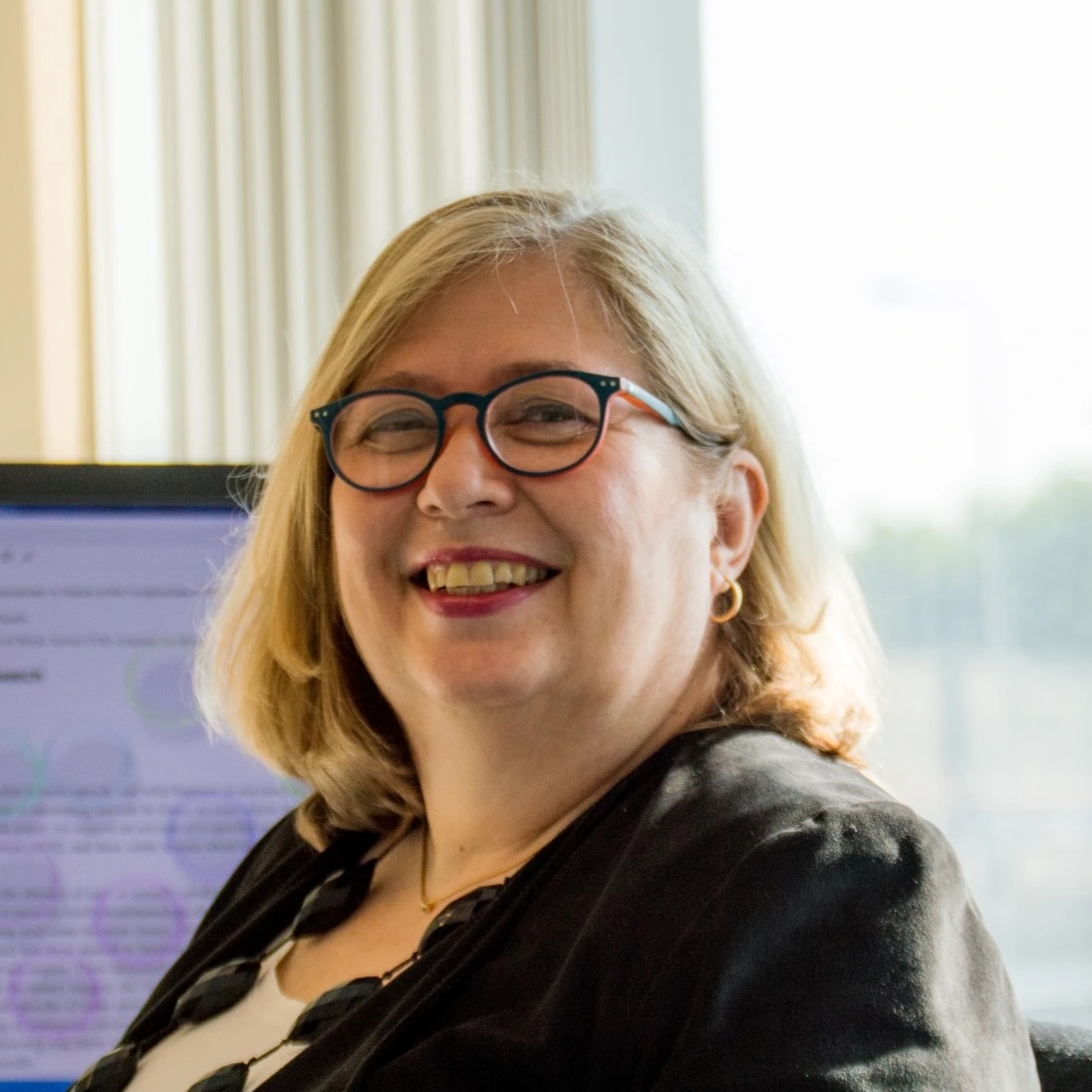
Sonja Kotz
Department of Neuropsychology and Psychopharmacology (NPPP)Faculty of Psychology and Neuroscience (FPN), Maastricht University

Martijn van den Heuvel
CNCRVU Amsterdam
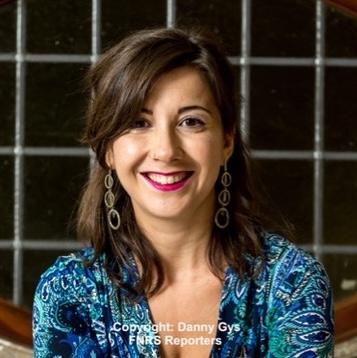
Athena Demertzi
GIGA CRC Human Imaging CenterFaculty of Medicine, University of Liège
Organizers
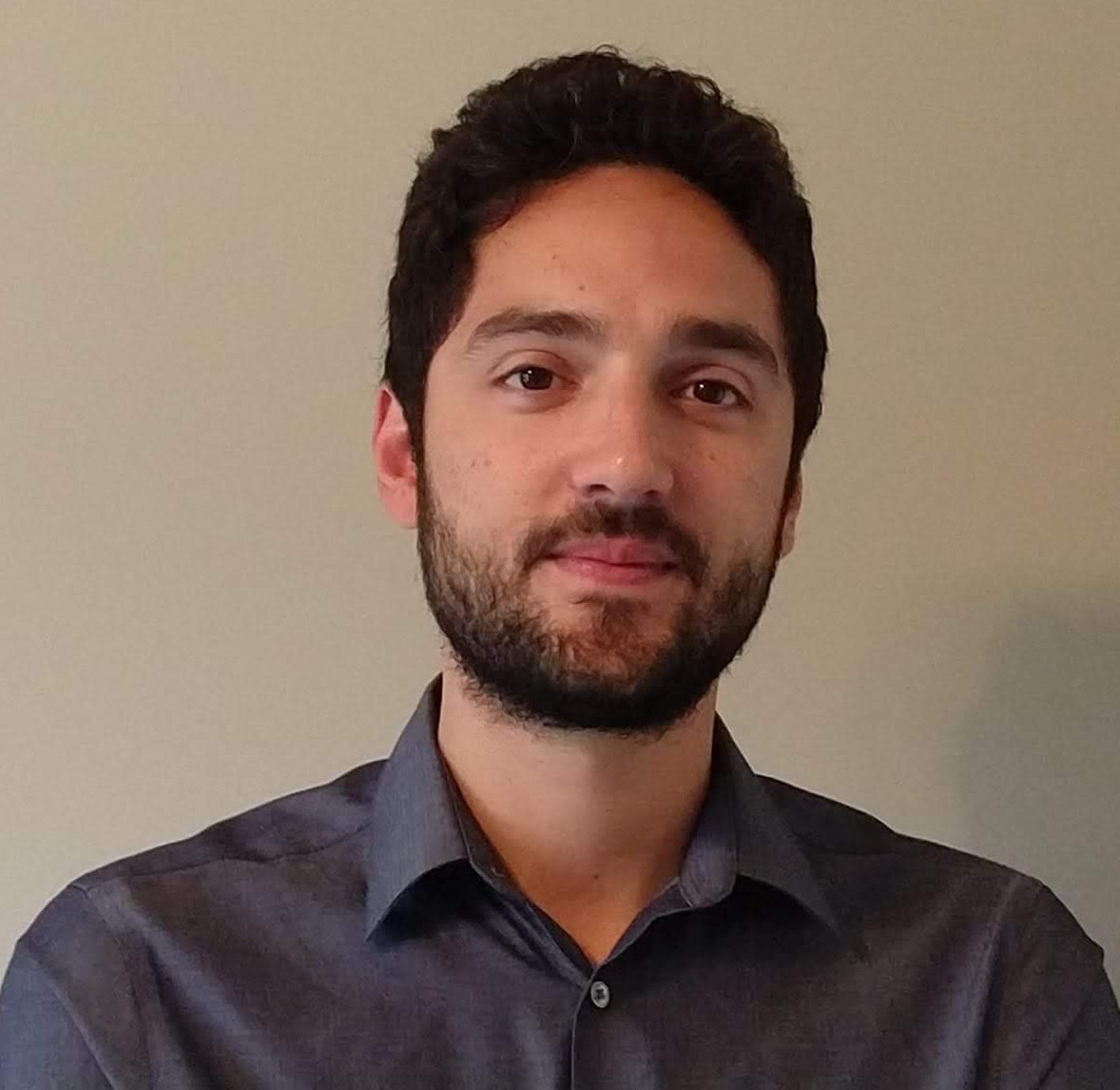
Enrico Amico
University of Birmingham

Emma Towlson
University of Calgary

Fabrizio de Vico Fallani
Inria and ICM
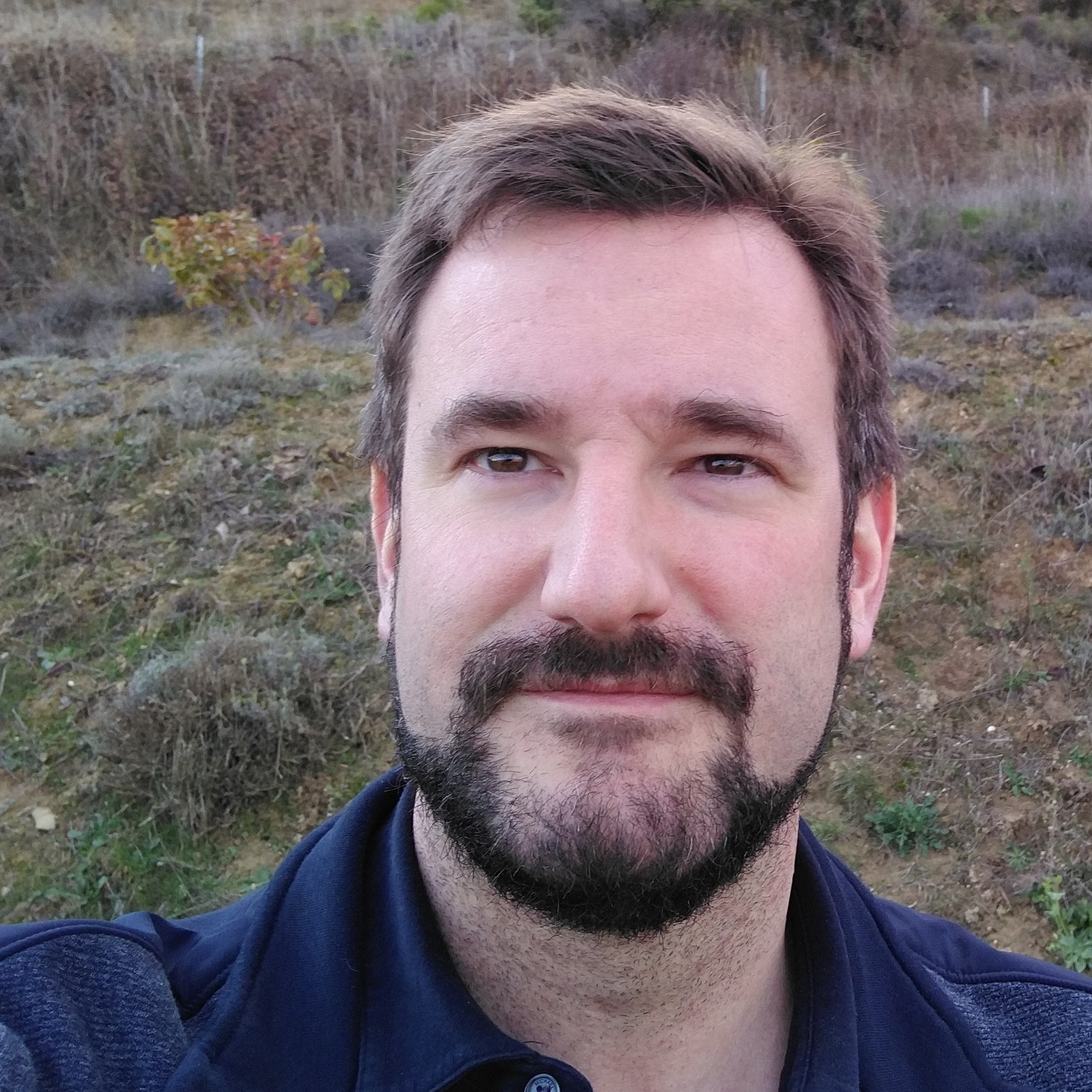
Joaquín Goñi
Purdue University

Tjeerd Boonstra
Maastricht University
Contact
You can contact the organizers with any enquiries and/or expressions of interest to get involved. We would love to hear from you!
Email:
e dot amico at bham dot ac dot uk